On Wednesday, during a break in the Michael Cohen circus act, the House passed H.R. 8, the “Bipartisan (barely) Background Checks Act of 2019.” The bill would require background checks to be performed in all private party gun transfers, with a few narrow exceptions.
The usual suspects claim that this will close the “gun show loophole” and that “many who are legally barred from owning guns skip background checks by buying at gun shows or online.”
This week the House will vote to expand background checks to all gun purchases. Many who are legally barred from owning guns skip background checks by buying at gun shows or online. This is an easy bill to close a loophole and the Senate should pass it too. #LettersForChange
— Senator Dianne Feinstein (@SenFeinstein) February 26, 2019
False. Unlike Jussie Smollett, folks who know they’re legally barred from owning a gun don’t like to leave a paper or internet trail leading to their purchase, so they don’t purchase guns online. Also, in case DiFi hasn’t heard, banks, merchant processors, and website hosting companies aren’t too keen on doing business with people who sell guns, especially online. In addition, when one purchases a gun online, it isn’t dropped at one’s door along with the Amazon Prime purchases. The firearm must be picked up by the actual purchaser from a Federal Firearms Licensee.
For example (arrows and highlighting added for ease of identification for those with the intellectual level of the average freshman House Democrat):
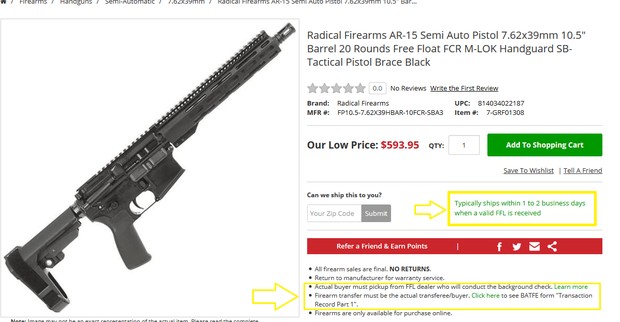
As has been covered ad nauseam in the past, there is no such thing as the “gun show loophole.” Any time a gun dealer, who must be an FFL, is involved in a transaction, a background check is performed. Unless gun shows are allowing private individuals to set up a booth as a merchant at a gun show (which would introduce them to a crazy amount of liability), the only people selling guns at gun shows are gun dealers. Therefore, people who make purchases at gun shows are subjected to the same background checks and waiting periods as people who purchase a gun at a retail store.
Simply put, prohibited people aren’t buying guns online or at gun shows or at retail stores. They’re buying them on the street, in cash (unless their prohibiting information hasn’t been transmitted to the NICS – as happened with the Charleston shooter and the Texas church shooter). Also, the NICS won’t catch someone with bad intent who hasn’t yet committed a crime.
So, background checks don’t keep guns out of the hands of prohibited people or those with bad intent, but the system does sometimes falsely flag innocent people as prohibited. In that case, innocent people are forced to hire an attorney and sue the FBI so before they can avail themselves of their constitutionally-protected right to armed self defense.
The bill also doesn’t specify how private parties are supposed to access the NICS, and will undoubtedly add a great deal of cost to any private transaction. It’s obvious that the aim here isn’t to keep guns out of the hands of mentally ill or violent people, but to keep guns out of everyone’s hands.
Rep. Dan Crenshaw (R-TX) explained the problems with this bill on his way to the vote.
The truth about universal background checks and today’s vote. pic.twitter.com/koigvhKKYT
— Rep. Dan Crenshaw (@RepDanCrenshaw) February 27, 2019
Last year President Trump said he’d be strongly pushing “comprehensive” background checks.
I will be strongly pushing Comprehensive Background Checks with an emphasis on Mental Health. Raise age to 21 and end sale of Bump Stocks! Congress is in a mood to finally do something on this issue – I hope!
— Donald J. Trump (@realDonaldTrump) February 22, 2018
But last week he threatened to veto both this bill and one mandating that gun dealers wait 10 days for the results of a background check before allowing purchasers to take possession of a firearm.
NEWS: White House threatens to veto legislation slated for a vote in the Democratic-led House that would require background checks for all gun sales. pic.twitter.com/xG4OOhDedd
— Sahil Kapur (@sahilkapur) February 25, 2019
If Sen. McConnell has a backbone, this bill will never make it to Trump’s desk.



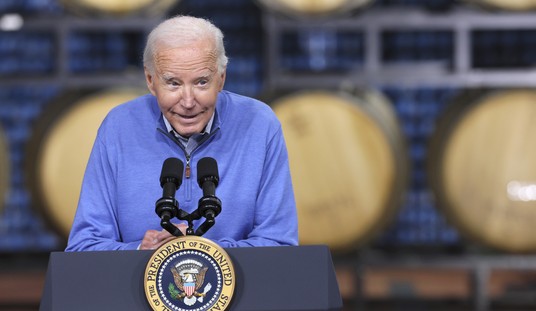
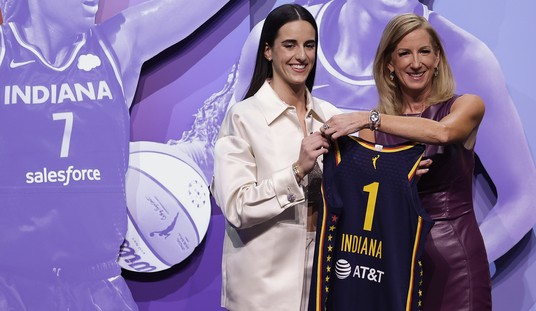
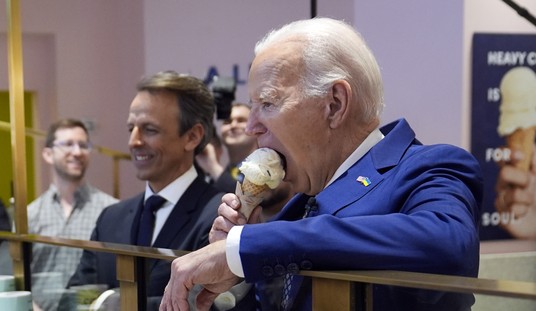



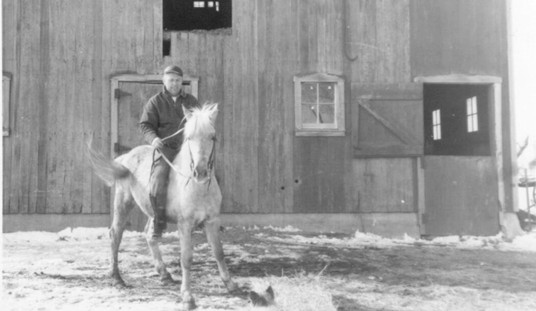
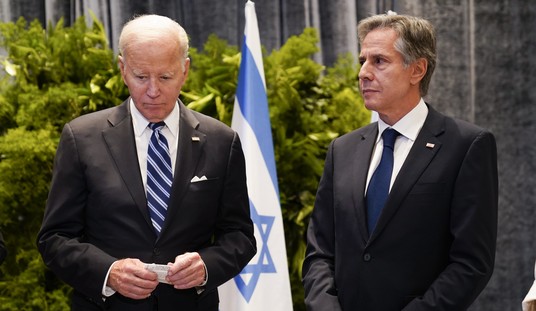

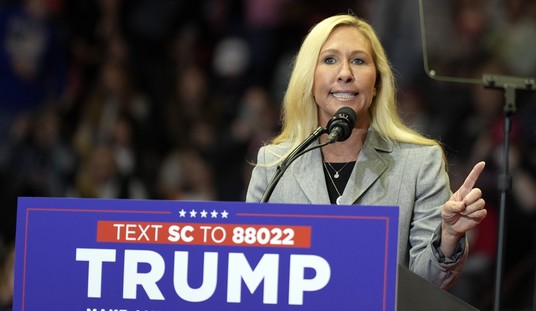

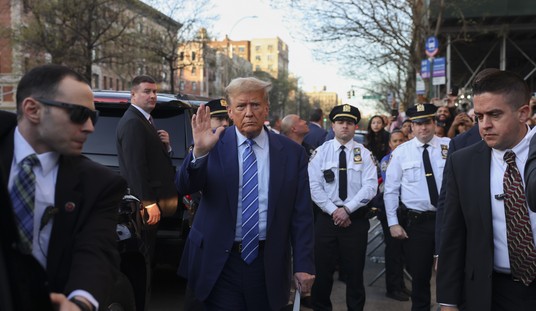
Join the conversation as a VIP Member